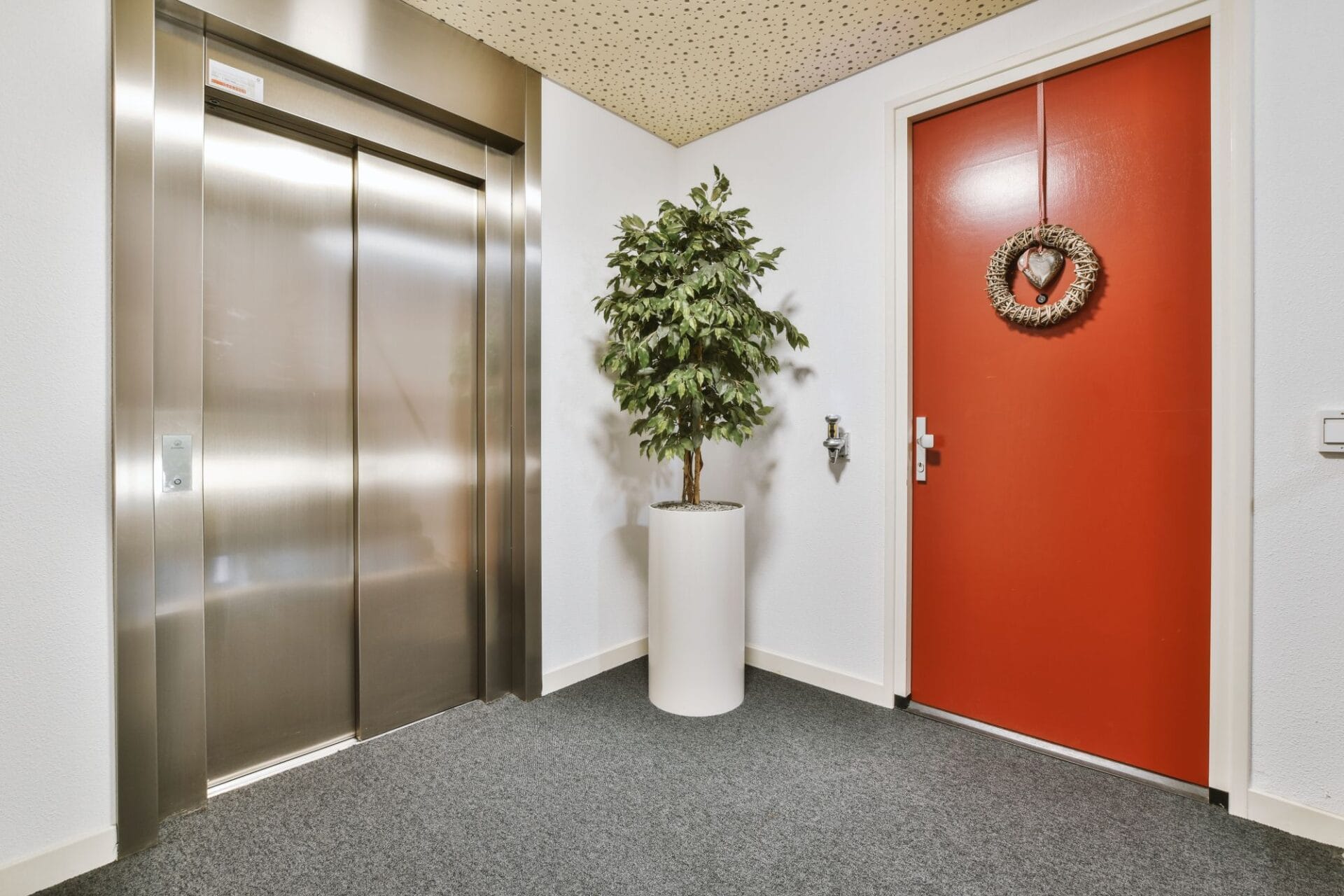One of the obligations of an HOA/condo corporation is to ensure the fiscal health of the community. This involves doing a review of monthly financial statements and understanding what’s reflected in numbers like incoming and outgoing payments, insurance payments, contracts, reserves and account balances.
Most association board members don’t have the expertise required to fully understand what these figures communicate. That’s why it’s important to get a condo/homeowners association audit every now and then to keep the association in ship-shape.
An HOA audit is an analysis of the association’s accounting records. It facilitates a better understanding of internal controls while providing a high level of assurance to unit owners, prospects and third parties. It also provides the HOA with valuable knowledge that can help to improve the association.
Download our free HOA audit template
How does an association audit work?
Financial statement audits are typically based on a financial reporting framework such as Generally Accepted Accounting Practices (GAAP). This means that a Certified Public Accountant (CPA) will use the GAAP framework to review an association’s financial statements and make sure that they adhere to these standards.
However, the CPA may also use other financial reporting frameworks. According to GAAP standards, a CPA performs an audit in order to gather evidence and provide an opinion on whether financial statements follow the financial reporting framework being used.
The auditing process typically involves thorough analysis, reviews, and agreed-upon procedures. The analysis part of the audit relies heavily on HOA’s historical financial statements. It’s the highest assurance that a CPA can offer and it means that the risk of a material misstatement is low.
The CPA will choose from all available procedures for a combination that’ll limit risk to a low level. This could include going on-site and studying the association’s invoices etc.
What’s the difference between an audit and a review?
We’re nearing the end of the year, which means that associations around the country are gearing up for an audit or at the very least a review. While these two procedures might sound like the same thing, they actually represent two very distinct processes. Each comes with a different set of outcomes for the association.
Financial review
As the name implies, a financial review is a basic assessment of the association’s financial records. It involves a standard analysis of the accounting records to figure out the accuracy of the reflected numbers.
It’s important to note that in a review, the CPA only reviews the association’s financial documents. They don’t dig into the numbers. They compare the figures they see in the financial statements to the budget and the previous year’s numbers to see if there are any major differences.
If there are discrepancies, the CPA will dig deeper and ask relevant questions to uncover the underlying causes.
But, a review is much less in scope than a thorough audit analysis. As such, it only provides limited assurance and it comes with a moderate risk of a material misstatement.
Financial audit
A financial audit is when the CPA scrutinizes the association’s overall financial health. This includes a deep dive into the association’s financial records to substantiate the provided data. The CPA will request a confirmation of the bank balance from the bank, and confirm the number of receivables with homeowners that owe money.
They will also consult with the association’s creditors and debtors to reconcile the amounts owed by the association and vice versa.
The CPA will go as far as to analyze the association’s records and meeting minutes. They will also speak to contractors to ensure that there are no inconsistencies between what’s reflected in the financial records and their own account.
An audit also requires a review of financial forecasts, financial statements, internal controls, and law compliance.
Basically, the difference between a financial audit and a review is that the former digs deeper into the association’s financial condition. Whereas, a financial review is meant to ensure that the association is preparing proper financial statements.
Should your HOA do an audit or a review?
Before an association decides which option to go for, it’s important to consult with its bylaws. The bylaws should state how often the association should conduct an audit and how often it should conduct a review.
If the bylaws don’t provide any guidance on the matter, check with your state law. Most states require that an association perform a yearly review at least.
Another contributing factor to the frequency of an association’s audit and review schedule is the size of the community. Smaller associations typically come with smaller assets. So, they don’t require frequent audit.
Also, consider why the audit is being done. Is it to satisfy bylaw requirements? Is it to eliminate concerns about potential embezzlement or mishandling of funds? Answering these questions should help you figure out whether to do an audit or a review.
When should an association do an audit?
Financial statements reflect the health of the association. As such, HOA should audit its financial state at least once a year, even if its bylaws don’t make provision for this. It might also be a good idea to perform an audit after the election period when new board members come in. This is to ensure that the new board doesn’t inherit financial issues and it’ll rule out the possibility of mishandling funds.
An audit can and should be performed in the following circumstances:
- When an HOA receives huge amounts of money, such as in the case of insurance payouts or construction defect settlements.
- When the board or CPA spots irregular reserve or replacement fund activity. A few examples of situations that would qualify here include when the association’s budget is not meeting expectations; when the association is underfunded; or during large reserve projects.
- When the association switches to a new management company to ensure a smooth transition.
- When there’s a clear indication of poor internal control. This is not uncommon in self-managed associations where one person is responsible for writing and signing checks and prepare a bank reconciliation.
- When the board has failed to conduct a quarterly review of financial statements.
- If the board doesn’t have a standard accounting system.
- When there’s suspicion of embezzlement or fraud. It’s important to inform your CPA before they start doing the audit if this is the reason you want it done.
- When the association is experiencing political infighting between board members.
- In a board recall situation where the previous board is basically forced to step down.
- When the association takes over control from the developer.
- When the association is going through financial complications. It might be worth hiring a professional to perform a thorough audit of the association’s finances during such times to make sure that proper records are being maintained.
- Associations that have annual assessments of $1, 000, 000 are advised to conduct an annual audit.
Most state regulations require associations to either conduct a review or an audit once a year. Your association’s bylaws or declaration document should indicate how often a standard audit is required. Some association documents require an audit every year while others require it every 3 years.
Targeted areas in an audit
There are certain areas of the HOAs financial statements which require a little more attention than others during an audit. This includes:
- Bank reconciliations: CPAs typically start with bank reconciliations to ensure that the association bank account balances are the same as the amounts found in the financial statements.
- Budget: This part involves a comparison between the HOAs budget and its revenue and expenses. The CPA will look out for miscoded entries and make sure that the numbers balance each other out.
- Cash disbursements and cash receipts: This is to ensure that incoming funds and outgoing funds are accounted for. This includes things like resident assessments for the former and petty cash or bills for the latter.
- Insurance: The association should have insurance cover for board member liability, general liability, property & casualty as well as fidelity bond coverage.
- Vendor contracts: It’s important to ensure that the figures reflected for long-standing contracts match with the corresponding payments.
- Reserves: The association’s reserve account should be properly funded according to the reserve study.
Types of audits to choose from
According to the American Institute of CPAs, an condo/homeowner association has several types of audits to choose from, aside from an official GAAP audit. These options include:
- Agreed-upon procedures engagement: This type of audit focuses on specific aspects of the financial statements that are prone to issues.
- Compilation: This audit is a reiteration or endorsement of the association’s financial statements.
- Review: This process involves taking a brief glance into the association’s financial statements to make sure that they’re GAAP compliant. However, this is usually not enough to provide the required assurance.
Your HOAs declaration and CC&R documents probably contain a section on the type of audit required. If your association is vague on the matter, you’ll do well to consult with the HOA’s attorney.
Common issues found in an association audit
When it comes to the management of the association’s finance, small mistakes accumulate over time and lead to costly damage due to a lack of proper oversight. Some of the most common issues that are discovered through an audit include:
- Misuse of petty cash
- Over budget expenses that are approved without proper review
- Overpaying for outdated contracts that should have been negotiated years ago.
- Insufficient insurance cover. For instance, an association might be covered for 100 homes even though it has grown to 300 new units and recreational areas.
- Embezzlement that happens due to a lack of bank reconciliation.
Conclusion
While some associations might frown on the idea of paying for a detailed audit, it’s well worth it. An audit can help to reveal irregularities that would otherwise go unseen. It will also yield a well-prepared report with financial recommendations that’ll benefit the board.
It’s important for the association to ensure that yearly audits are conducted to make sure the association is running well, to gain knowledge about improving internal controls and to comply with governing documents.
Download Template
Download our free HOA Audit Checklist
























